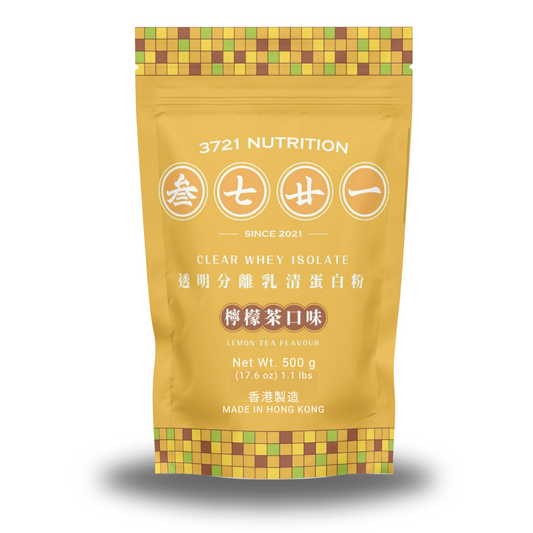In high-intensity football matches, a player's diet directly affects their performance and recovery. Proper nutritional intake can provide needed energy, stabilize blood sugar levels, improve blood circulation, and speed muscle recovery. This article will detail dietary strategies for football players before, during and after games to help players achieve their best.
Eat and drink 3 to 4 hours before competition
3 to 4 hours before competition is a critical period to prepare nutritional reserves. At this time, players usually have collective meals under the arrangement of the team. The nutritional types of these foods can be divided into three major categories:
Larger servings of carbohydrates (rice, pasta, potatoes):
Carbohydrates are the main source of glycogen, providing the body with long-lasting energy. Replenishing sufficient carbohydrates before exercise can ensure that glycogen reserves meet competition needs and reduce fatigue.
Easily digested low-fat protein (white fish, chicken breast):
Low-fat protein helps stabilize blood sugar levels and is easy to digest, reducing gastrointestinal burden. These foods help maintain muscle mass without taxing your digestive system.
Foods containing nitrates (spinach, beets):
Nitrate-containing foods can increase nitric oxide production, improve blood circulation, and improve endurance and athletic performance.
Supplementary information 1 hour before the start of the game
One hour before the start of the game, players will warm up and need to add a small amount of carbohydrates to ensure they have enough energy for activities. At this time, you can choose simple carbohydrates, such as fruits or energy bars, to quickly replenish energy.
Supplementary information 5 to 10 minutes before kick-off
After the warm-up, 5 to 10 minutes before the start of the game is the last opportunity to replenish energy. Players often choose energy gels that contain caffeine. These energy gels are quickly absorbed by the body and provide instant energy. At the same time, caffeine can effectively stimulate the central nervous system and improve reaction speed and concentration.
Nutritional supplements during competition
Stay hydrated (see chapter Drinking water):
During the game, players may lose 1.1 liters of water due to heavy sweating. Therefore, hydration is extremely important. Players typically drink 500ml of water before a match and another 500ml at half-time.
Carbohydrates (glucose):
Glucose is the body's main source of energy, especially during high-intensity exercise. Glycogen stored in the liver and muscles is broken down during competition to provide needed energy. Therefore, players will consume simple carbohydrates, such as glucose drinks or energy bars, to quickly replenish energy during the second half of the game.
Nutritional recovery after competition
Antioxidant foods (berries):
After a game, the body needs to repair and recover. Foods high in antioxidants, such as blueberries and strawberries, can help reduce inflammation, pain and muscle wasting.
High protein foods (whey protein):
After competition, muscle fibers are damaged and require protein to repair and grow. Whey protein is an ideal choice because it is quickly broken down by the body into amino acids, which promotes muscle recovery and growth.





